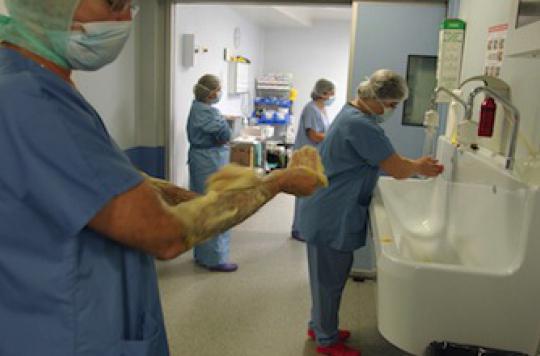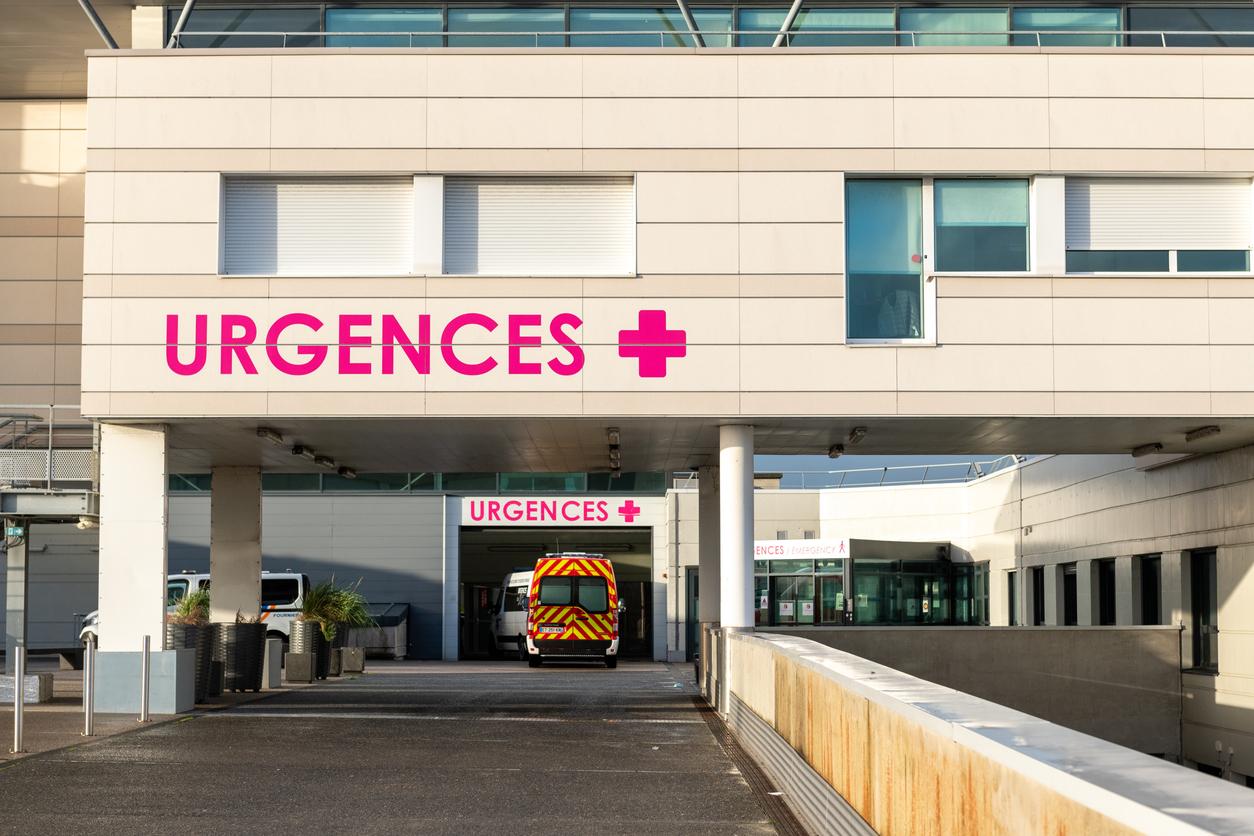Hit hard by an enterococcus epidemic, the Limoges University Hospital must deal with these bacteria resistant to antibiotics.

In recent weeks, the hepato-gastroenterology department of Limoges University Hospital has been affected by the proliferation of a multiresistant strain of bacteria. Eleven patients have already been affected by this epidemic of enterococci, which can cause urinary tract infections, among other things.
According to Nathalie Pestourie, head of the CHU hygiene unit contacted by the daily The popular of the center, “These bacteria have a strong epidemic power”. It was on April 16 that, following a urine test, the bacteria was detected in a patient. Eleven other people have since been diagnosed. Typically, these bacteria are found naturally in the body, especially in the digestive system. This strain is however resistant to antibiotics, hence drastic measures implemented by hospital staff to contain the epidemic.
No consequences for patients
A crisis unit has been set up since last month to inform patients and their families of the progress of the various infections. The latter was finally lifted at the beginning of the week following disinfection of the area and individual patient care. People infected with the bacteria will not have any repercussions, although they are still currently hospitalized for health problems unrelated to this epidemic.
The proliferation of bacteria resistant to antibiotics within the hospital itself is not a new phenomenon. Thus, according to a 2012 survey, one in 20 hospitalized patients would suffer from one or more nosocomial infections during their stay in a hospital center. In France, nosocomial infections, of which only a small part is transmitted in hospitals, are responsible for nearly 30,000 deaths in France each year.
.















